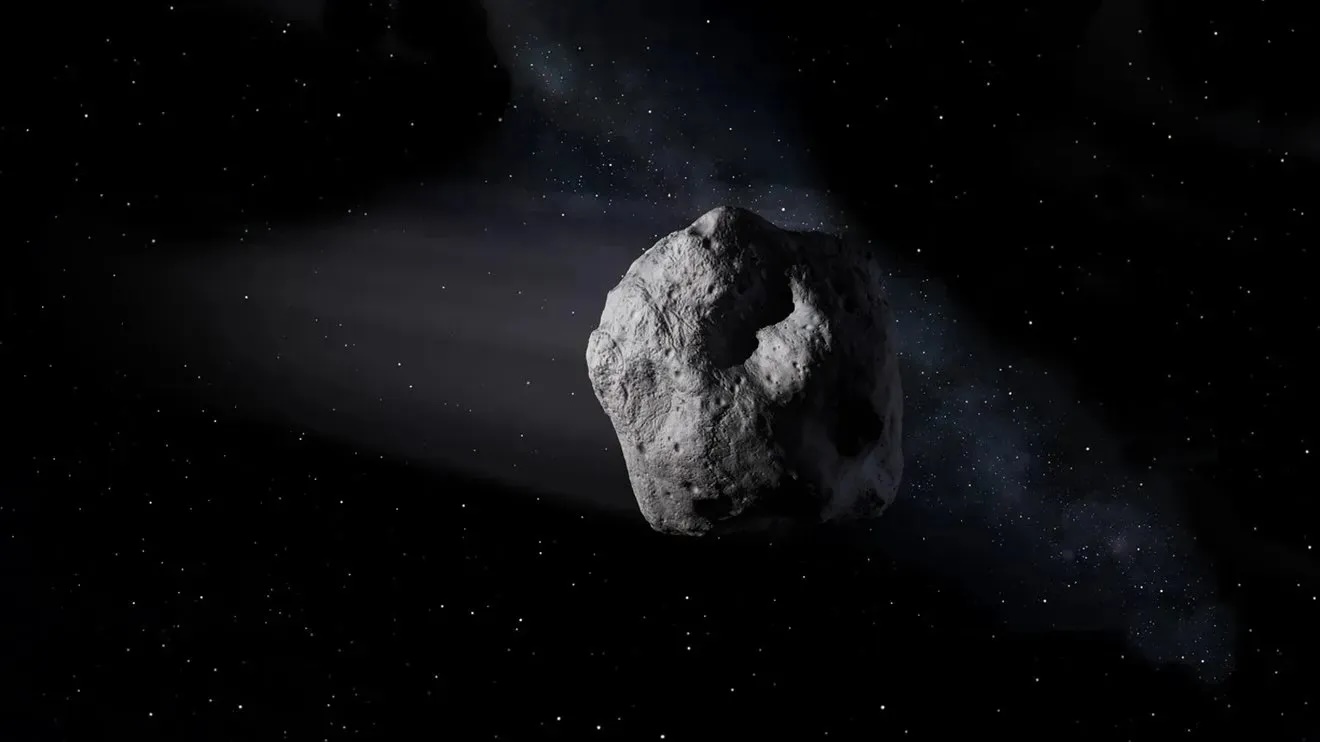When you buy through link on our site , we may make an affiliate commission . Here ’s how it mould .
A mysterious increase in pollution sedimentation in recent age , despite reductions in the production of the pollutant , may have a solution . Alpine glaciers have been melting chop-chop since the 1990s , and now scientist opine contamination pick up in the ice in 10 past is flowing at an increase pace into lake and river today . premature research had document increases in constitutive pollutants in deposit from certain lake since the nineties , despite lessen use of those compounds in pesticides , electric equipment , rouge and other product . In the new study , Christian Bogdal at the Swiss Institute for Chemical and Bioengineering and colleagues concentre on organic pollutants in sediment from a modelling body of water ( glacier - fed Lake Oberaar in the Bernese Alps , Switzerland ) testing for things like dioxins , PCBs , organochlorine pesticide and synthetic musk fragrance . They find that while contamination decreased to low level in the 1980s and 1990s , presumably due to tougher regulations and improvements in production , since the tardy 1990sflow of all of these pollutantsinto the lake has increase sharply . The flow of organochlorines into the lake today is similar to or even gamy than in the 1960s and seventies , the paper tell . The study attributed the most recent ear in the flow of pollutant into Lake Oberaar to the accelerated release of organic chemicals from melting Alpine glaciers , where contaminants were deposited in the first place and preserved over decades . " consider ongoing orbicular thawing and quicken massive wintry melting predicted for the future , our study indicate the potential for environmental impacts due to pollutant delivered into pristine craggy areas , " Bogdal said . The results will be detail in the Nov. 1 issue of ACS ' Environmental Science & Technology .

Pollutants from melting glaciers may help explain an increase in persistent organic pollutants in certain lakes since the 1990s, despite decreased used of pesticides.


















